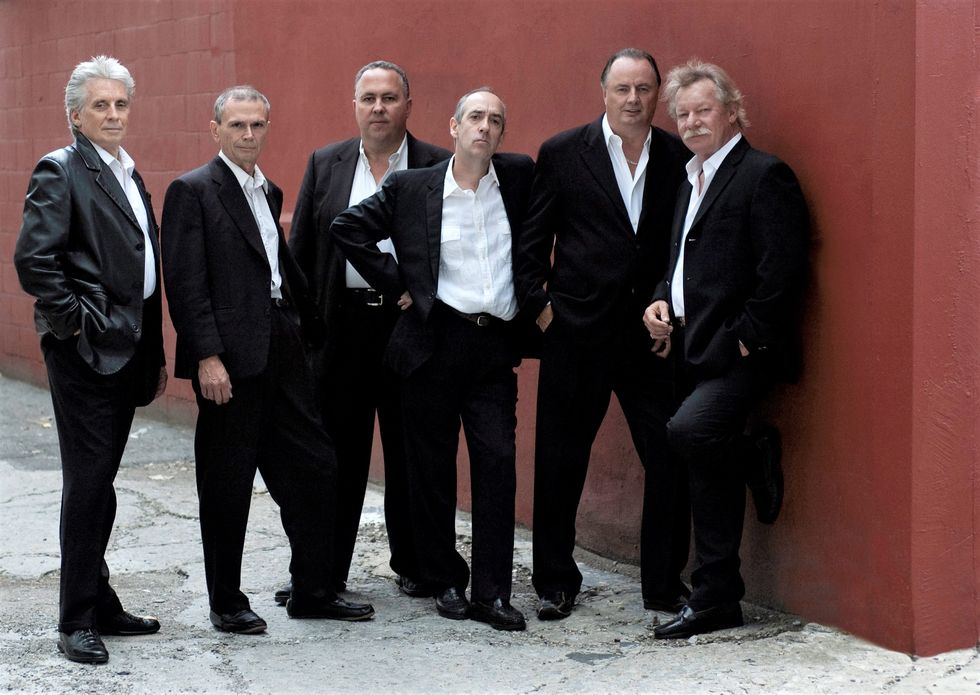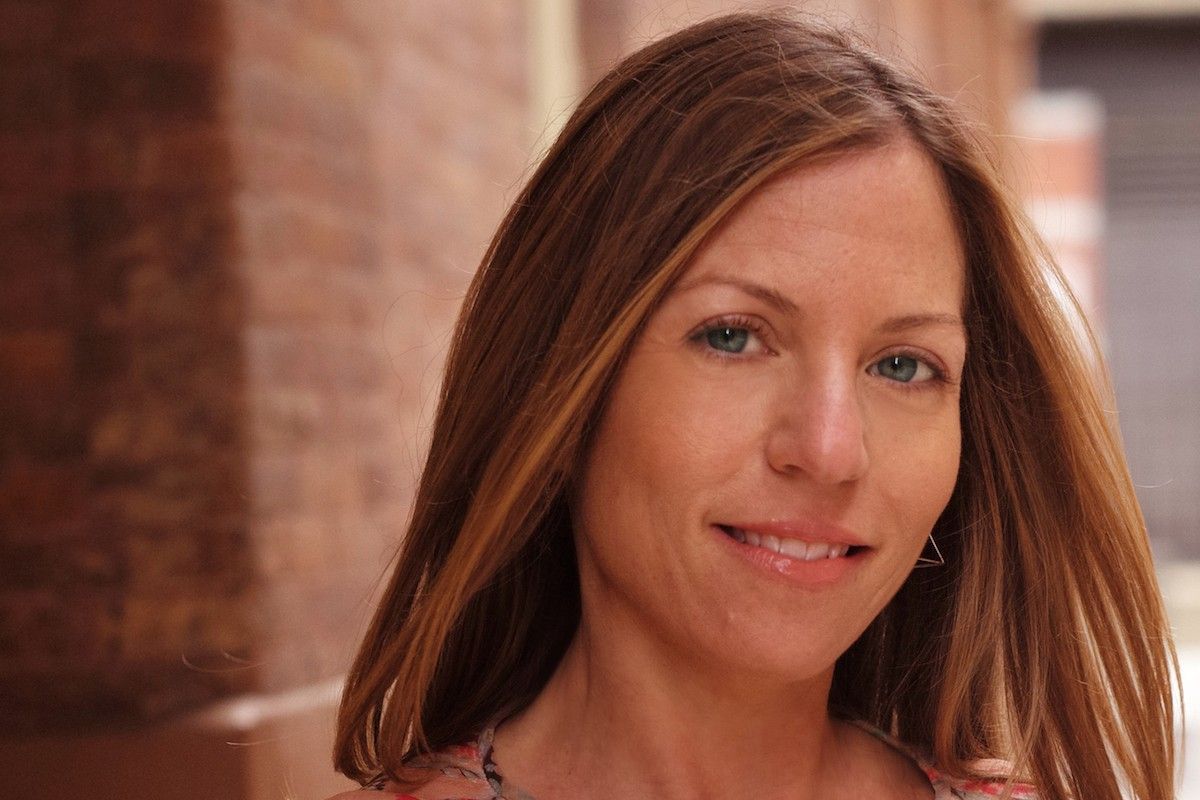50 Years On Further Up the Road: The Downchild Blues Band Story
It’s one block In Toronto — Bloor Street between Bay and University Avenue — and it boasts the most expensive shops in Canada. Cartier, Guerlain, David’s Shoes.

By Richard Flohil
It’s one block In Toronto — Bloor Street between Bay and University Avenue — and it boasts the most expensive shops in Canada. Cartier, Guerlain, David’s Shoes. Don’t think of going there; you almost certainly can’t afford it.
Yet it’s last Saturday night, and what’s this? Street’s blocked off. A huge stage, a massive sound system. More than five thousand people.
And the racket? Ah, it’s the grizzled old veterans of the Downchild Blues Band, celebrating 50 years of hammering out Flip Flop and Fly, Madison Blues, Almost, Tell Your Mama, and two dozen more that never got a ton of airplay — but are singalong favourites for the rowdy, happy, dancing audience at the second night of the TD Toronto Jazz Festival.
It’s been a long road from Grossman’s Tavern on Spadina Avenue to this ritzy stretch of Bloor Street. And it’s been a road full of laughs, tall stories (many of them true), tragedy, tours from one end of the country to the other, countless one-nighters, and the hearts and souls of more than 100 players who travelled and learned the blues as they shuffled in, out and through the band.
Today, Grossman’s is slightly less grungy than it was in the summer of ’69 when the owner agreed to let a small five-piece band led by Donnie Walsh and his brother Rich “Hock” Walsh play in the bar. They could play three sets of blues, pass the hat, and see if the customers liked it. It would be a change from the Hungarian music that was regularly featured.
That first night they did pass the hat and collected $16.00, but the audience did like what they heard, and Al Grossman kept the band on. After a week he wrote a modest cheque to prove his support — made out to “Don Child.”
The band acquired three managers — this writer, Jim McConnell (husband of feisty Toronto council woman, Pam McConnell) and David Bleakney (who, alas, died two weeks ago in Victoria BC). And a year and a half later, the band made one of the very first independent records in Canada, cut in a tiny studio in a corner of the underground parking garage of Rochdale, a “free college” then loosely affiliated with the University of Toronto.
Cut in two nights for $500, with a supply of Johnny Walker, the band played every tune they knew twice, and then picked the nine best tracks. Oddly, it still holds up — and Bootleg is still available, now via Linus Entertainment/True North.
Pitched headfirst into the early CanCon years, musicians came and went. Hock got fired, Tony Flaim replaced him but also left after a few years, the inimitable Jane Vasey joined the band on keyboards, (and later died of leukemia), bass players, other singers, drummers, sax and guitarists all came and went — and Donnie Walsh, now known as Mr. Downchild was the constant superglue that held the band together.
There were highlights and disasters, amazing gigs and train wrecks, a long residency at Toronto El Mocambo in its glory days, late night drinks at Dan Aykroyd’s notorious after-hours booze can, up-scale concerts and down-scale pig roasts, festivals, funerals, and foolishness. Honours, too: Junos and Maple Blues Awards a-plenty, Oh, and more than 20 albums on a variety of labels.
And there has been stability as well. The band’s lineup has hardly changed in more than 25 years: Chuck Jackson’s been the front man and singer for 30 years, Gary Kendall’s on bass, Mike Fitzpatrick on drums, Pat Carey (a refugee from the Winnipeg Symphony) on sax and Michael Fonfara on keys have all been behind Donnie Walsh for a quarter of a century.
Downchild’s influence on Canada’s blues scene has been enormous. And its seminal influence behind the creation of the Blues Brothers — Aykroyd’s support of the band has been consistent over the years — has given Downchild a worldwide footprint.
And now, 50 years since that first gig at Grossman’s, people are recognizing that fact. The band has some 25-odd dates on a national tour to mark the anniversary, and many of the dates are sold out already. The tour began with a return last week to the bar where it all began. Tickets were $75.00 and Grossman’s was packed.
And on Saturday, on Bloor Street, Aykroyd is back, along with Paul Shaffer, to jam with the band. So’s Gene Taylor, the pianist who replaced Jane Vasey, and Louisiana guitarist Kenny Neal, who was briefly the singer in Downchild. And David Wilcox, the incendiary Toronto guitarist (back from a year-long sabbatical), is onstage along with Finnish blueswoman Erja Lyytinen.
It’s a party.
It’s a celebration.
It’s the start of another long trek across the country.
It’s Downchild.
Still Canada’s Blues band.
– Richard Flohil was Downchild’s co-manager, publicist, mouthpiece and sometime promoter, for 39 years. He was fired 10 years ago, on his 75th birthday.
















